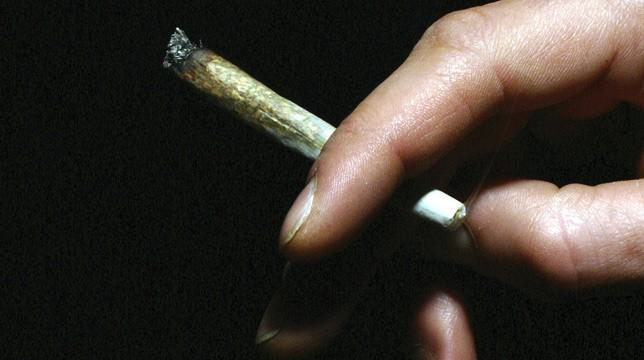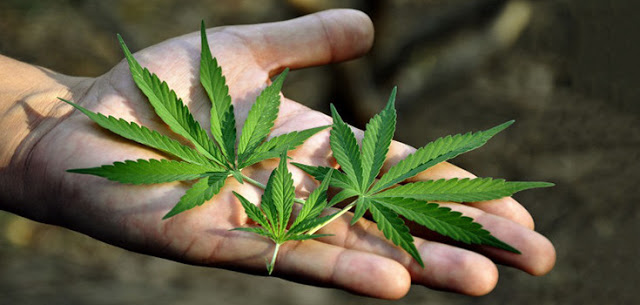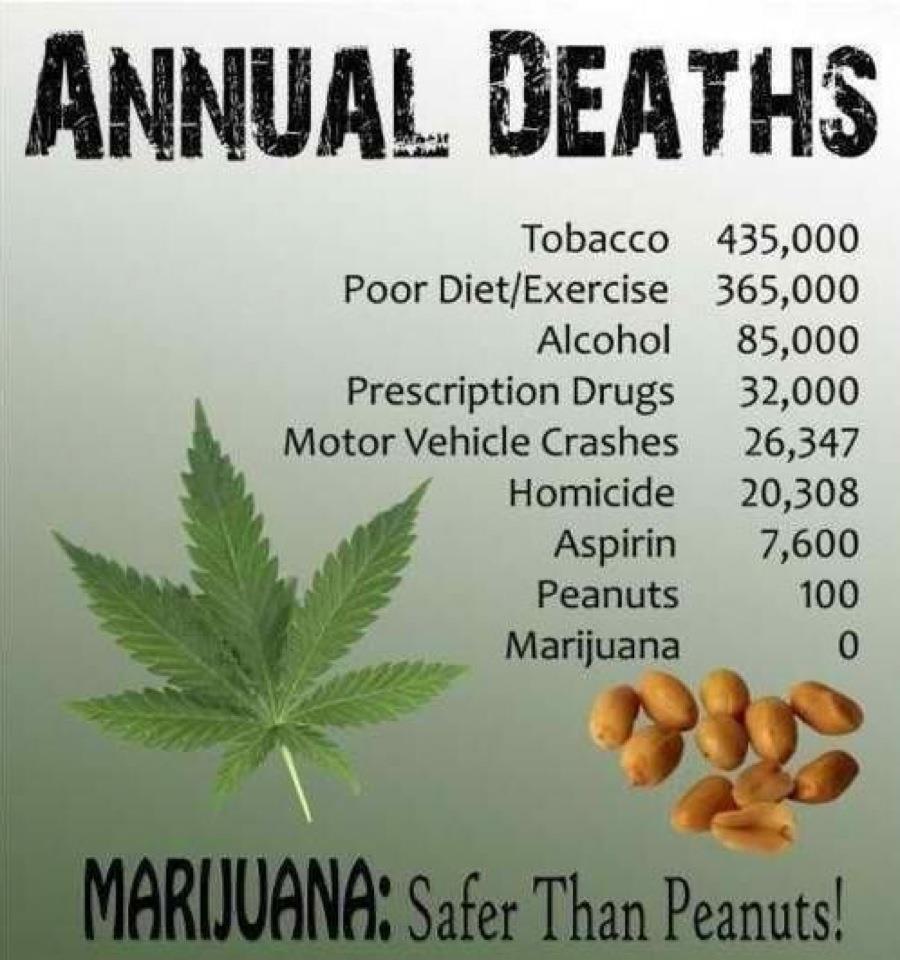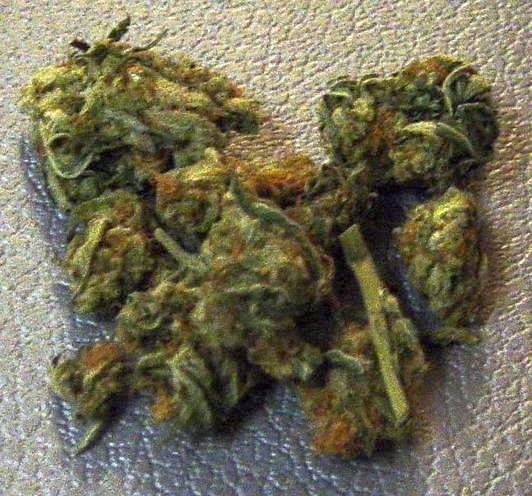
Scientists are using industrial hemp for futuristic ‘supercapacitor’ batteries. On top of its vast medicinal benefits and a “high” that’s safer and mellower than alcohol, what if cannabis could also power a cheap, sustainable super battery and forever change the energy game? It sounds like a far-fetched dream cooked up by Cheech and Chong after a bong rip or three, but it’s possible, according to a team of researchers at the University of Alberta. During the American Chemical Society’s national meeting in San Francisco on Tuesday, engineering professor David Mitlin (who now works at Clarkson University in New York) presented the findings. The study he led investigates the potential for industrial hemp (the non-psychoactive cannabis plant closely related to marijuana) to aid in the creation […] Read More






